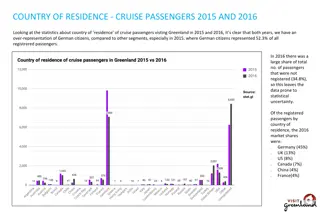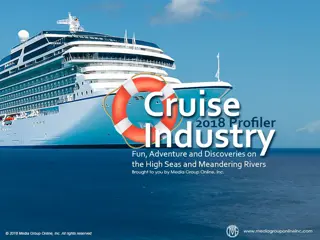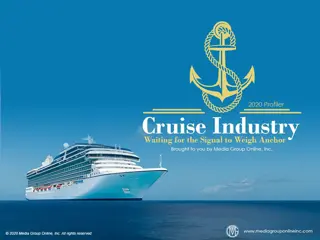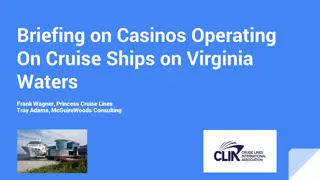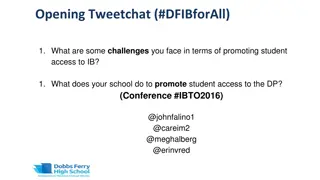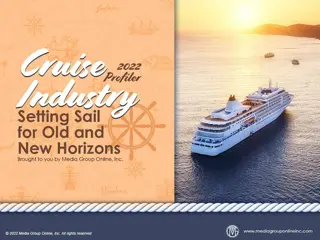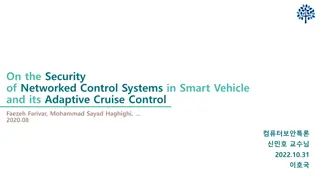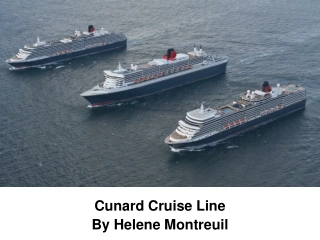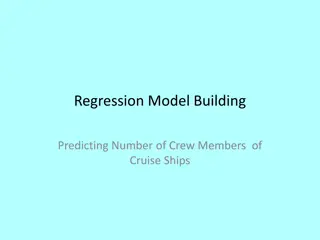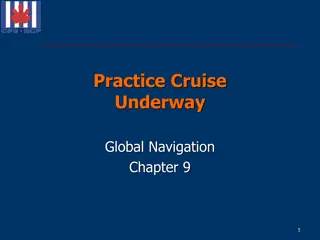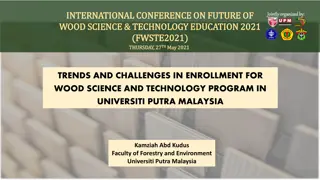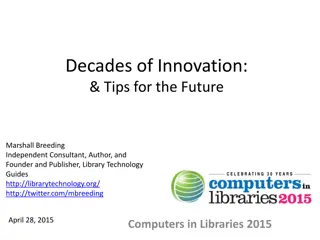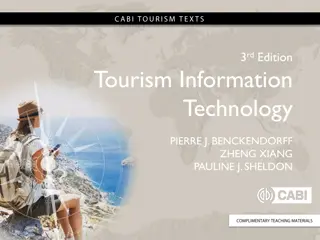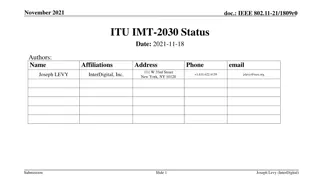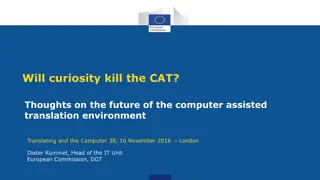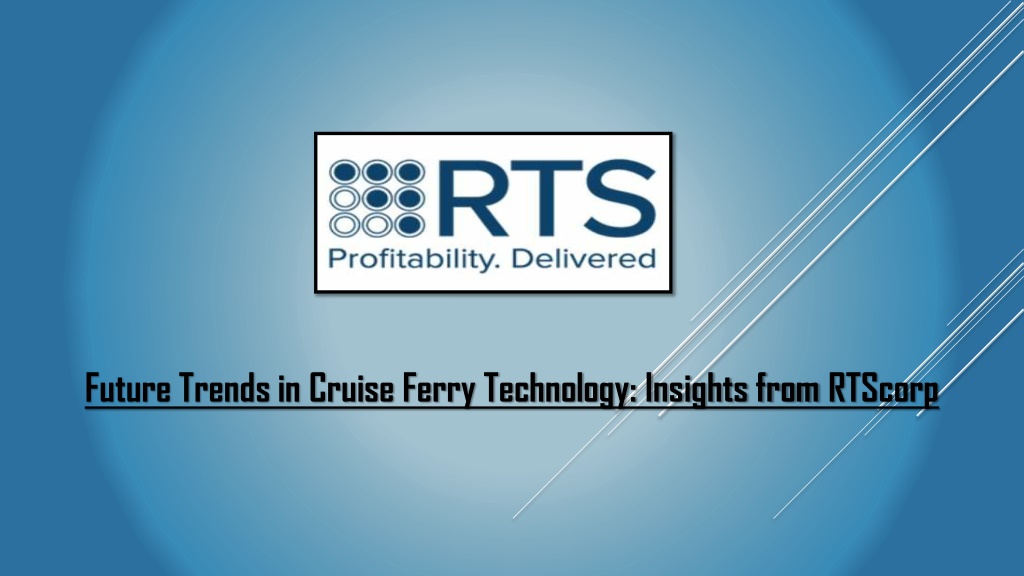
Future Trends in Cruise Ferry Technology Insights from RTScorp
As the maritime industry evolves, so do the expectations for modern cruise ferry solutions. Cruise ferries, which blend the features of cruise ships and ferries, are now at the forefront of technological advancements. With a focus on enhancing passen
Download Presentation

Please find below an Image/Link to download the presentation.
The content on the website is provided AS IS for your information and personal use only. It may not be sold, licensed, or shared on other websites without obtaining consent from the author. Download presentation by click this link. If you encounter any issues during the download, it is possible that the publisher has removed the file from their server.
E N D
Presentation Transcript
Future Trends in Cruise Ferry Technology: Insights from RTScorp
The cruise ferry industry is evolving rapidly, driven by advancements in technology and the increasing demand for sustainable and luxurious maritime experiences. RTScorp, a leader in cruise ferry solutions, is at the forefront of this transformation, providing innovative technologies that are shaping the future of the industry. Let's explore the emerging trends in cruise ferry technology that RTScorpis spearheading.
1. Sustainable Propulsion Systems One of the most significant shifts in cruise ferry technology is the focus on sustainability. As environmental regulations tighten and public awareness of climate change grows, the industry is moving towards greener solutions. RTScorp is leading the charge with cutting-edge propulsion systems that reduce emissions and improve energy efficiency. Hybrid propulsion systems, which combine traditional fuel engines with electric power, are becoming more common. These systems allow cruise ferries to switch to electric power in sensitive ecological areas, such as ports and coastal regions, significantly reducing their carbon footprint. Additionally, RTScorpis investing in research and development to further enhance fuel efficiency and explore alternative energy sources like hydrogen and LNG (liquefied natural gas). 2. Smart Ship Technology The digital transformation of the maritime industry is well underway, and RTScorpis embracing the potential of smart ship technology. Cruise ferries are increasingly equipped with advanced sensors, automation systems, and AI-driven analytics to optimize operations, enhance safety, and improve passenger experiences. From predictive maintenance that minimizes downtime to real-time monitoring of fuel consumption and emissions, smart ship technology allows operators to make data-driven decisions. Passengers also benefit from digital innovations such as seamless boarding processes, personalized services, and smart cabins equipped with IoT devices that enhance comfort and convenience.
3. Enhanced Passenger Experiences Modern travelers expect more from their cruise ferry journeys than just transportation. RTScorp scruise ferry solutions are designed to meet these expectations by creating luxurious and immersive onboard experiences. Innovations such as virtual reality entertainment, high-speed internet connectivity, and gourmet dining options are becoming standard features on cruise ferries. Additionally, the integration of wellness facilities like spas, fitness centers, and eco-friendly amenities caters to the growing demand for health-conscious travel. RTScorpis also focused on accessibility, ensuring that its cruise ferry designs accommodate passengers with varying needs, providing a more inclusive travel experience for all. 4. Autonomous Navigation The future of cruise ferry technology could see the introduction of autonomous navigation systems, a development that RTScorpis actively researching. While fully autonomous cruise ferries are still in the conceptual stage, advancements in AI and robotics are making this a reality that could be implemented in the coming decades. Autonomous navigation systems would allow cruise ferries to operate with minimal human intervention, reducing the risk of human error and enhancing safety. These systems could also optimize routes based on real-time weather and sea conditions, improving fuel efficiency and reducing travel time.
5. Sustainability Beyond Propulsion Beyond propulsion systems, RTScorpis committed to sustainability in all aspects of cruise ferry operations. This includes the use of eco-friendly materials in shipbuilding, waste management solutions that minimize environmental impact, and the implementation of closed-loop water systems that conserve resources. In conclusion, the future of cruise ferry technology is exciting, with innovations that promise to revolutionize the industry. RTScorpis at the helm of this transformation, offering cruise ferry solutionsthat prioritize sustainability, enhance passenger experiences, and embrace cutting-edge technology. As these trends continue to evolve, we can expect a new era of cruise ferry travel that is greener, smarter, and more luxurious than ever before.

